Plum Benefits: Are They THAT Good?
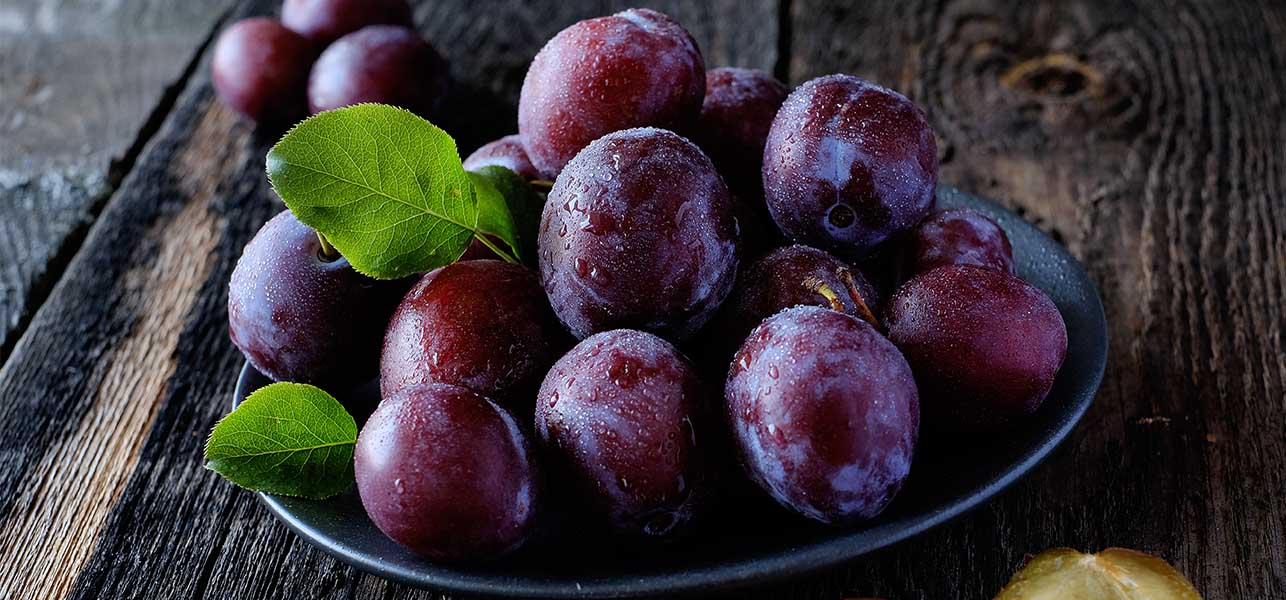
Plums are a sweet, tarty fruit that people enjoy eating raw or making into jam and other tasty recipes. And while most of us are familiar with them, the popular stone fruit doesn’t get enough credit.
Few people know that the plum is a nutrient powerhouse for your body. Plums are rich in antioxidants, potassium, vitamin C, and various other nutrients that boost functions. By eating plums, you can benefit in several ways, from improving your eye and bone health to lowering blood sugar and your risk of chronic diseases.
In this article, we will explain why the plum is an excellent addition to your diet.
What Are Plums?
The plum is an oval-shaped, purple reddish stone fruit or drupe fruit. A drupe is a fruit with pulpy flesh surrounding a hard shell with a seed in the center.
Various plums are in a wide range of skin and flesh colors. The taste can vary from sweet to tart depending on ripeness but remains juicy. Dried plums are called prunes and have a dark, wrinkly appearance.
Nutritional value of plums
Let’s look at the nutritional value of a single plum per USDA.
| Nutrient | Amount |
| Protein | 0.46g |
| Fat | 0.185g |
| Carbohydrate | 7.52g |
| Fiber | 0.9g |
| Sugar | 6.55g |
| Calcium | 3.96mg |
| Iron | 0.11mg |
| Magnesium | 4.62mg |
| Phosphorus | 10.6mg |
| Potassium | 104mg |
| Zinc | 0.07mg |
| Copper | 0.04mg |
| Manganese | 0.03mg |
| Vitamin C | 6.27mg |
Advertisement
Are Plums Good for You?
Yes! Plums are extremely good for you. They are low-calorie, low-fat, and full of fiber.
As you can see from the table above, plums contain essential nutrients. They are a good source of nutrition, with calcium, magnesium, phosphorus, and vitamin C. They also contain vitamins A, B6, E, and K.
They are high in sugar, with 16.4 grams in one cup of sliced plums. But despite the sugar content, they have a low glycemic index, which means they only spike blood sugar slightly. Prunes have a much higher sugar content, with 66.3g in one cup.
Due to the number of nutrients, plums have properties that can provide several health benefits, which we’ll get into next.
8 Astonishing Benefits of Plums
Here are 8 remarkable benefits of eating plums, thanks to the many vitamins and minerals they contain.
#1 Improve digestion
Plums and prunes can work wonders for the digestive system. They contain water and insoluble fiber that adds bulk to stool, promoting regularity and preventing constipation. They also contain sorbitol, a sugar alcohol that has natural laxative effects.

#2 Beneficial for eye health
The fruit contains vitamin C, which may help protect the eyes from harmful free radicals. Vitamin C is also responsible for collagen production. Collagen maintains the structure of connective tissues that make up the eyes, protecting them from damage.
#3 Source of antioxidants
Plums have plenty of antioxidants essential in reducing inflammation and protecting your body’s cells from free radical damage. They include anthocyanins that may have a powerful impact on your health. Anthocyanins have many properties that can help the prevention of cardiovascular diseases.
#4 Support weight loss
The fiber content may support weight loss by promoting satiety. Fiber provides a filling effect that can deter you from overeating and enable you to consume less food without feeling hungry. They are also low in fat, making them a convenient snack for people trying to lose weight.
#5 Rich in vitamin C
As well as supporting eye health, vitamin C maintains the growth and repair of body tissues. It has many vital functions, including maintaining skin, bones, blood vessels, and cartilage. It also supports the wound healing process and keeps your cells safe and healthy.
#6 Control blood pressure
The potassium in plums is helpful for controlling your blood pressure in two ways. Firstly, it helps your body get rid of sodium through urination, and secondly, it eases the tension in your blood vessel walls, lowering blood pressure.
Increasing your daily dose of potassium can help manage high blood pressure. The plum also has adiponectin which can help control blood sugar levels.

#7 Promote healthy bones
Prunes have a unique nutrient profile that may exert positive effects on the bones. Eating prunes can benefit your bone health and reduce and prevent bone loss, likely due to the phenolics present in the fruit. Phenolics are compounds with antioxidant and anti-inflammatory effects that can enhance human health.
#8 Reduce the risk of kidney stones
Eating a healthy diet is an excellent strategy to prevent the formation of kidney stones. Plums may help as they contain calcium, which lowers the amount of oxalate absorbed into the bloodstream.
How to Eat Plums
It’s easy to work this versatile fruit into your regime. Most people eat them raw on their own as a healthy snack. Just wash the skin and bite into the juicy flesh, remembering not to eat the pit.
You can add sliced plums to salads, yogurt, and smoothies to spice things up. You can also use them in jam-making or bake them into cakes and other sweet treats.
You can even add a slice of plum to your beverage to keep things simple, such as water or tea.
FAQs
There are 30.4 calories in a single plum and 76 calories in one cup of sliced plums. Prunes, the dried version of the plum, are higher in calories. A single prune contains 22.8 calories and 418 calories in one cup.
Yes! Plums are a good source of fiber. A whole plum contains 0.9 grams of fiber, with 2.3 grams in one cup’s worth. The fiber content supports gastrointestinal health, promotes regular bowel movements, and helps slow down spikes in blood sugar levels.
Eating plums can promote skin health as they have vitamin C, with 6.27mg per fruit. Vitamin C is an important antioxidant with anti-inflammatory effects that helps hydrate the skin, brighten the complexion, and reduce visible signs of aging.
Two small plums count as one of your five-a-day, the recommended amount of fruit and vegetable portions to consume daily. Sticking to two a day seems to be a reasonable serving. Eating too many can cause stomach problems such as gas, bloating, and diarrhea.
A Word From Our Nutritionist
Plums are an excellent source of nutrition. They boast multiple vitamins and minerals that can deliver impressive benefits for your overall health, from lowering blood pressure and blood sugar to enhancing your eye and bone health. When included as part of a healthy eating plan, it may even support weight loss.
While fruit is not a method of treatment for certain health conditions, eating a good balance of fruit and vegetables contributes to various positives for your health. You should ensure you get an adequate amount of essential nutrients every day.
If you are concerned about plums affecting your blood sugar, speak to your doctor for medical advice.
Conclusion
Plums and prunes (dried plums) are enjoyed around the world because they are a delicious, juicy fruit. And as we’ve now established, they are loaded with perks for your overall health.
Just be mindful not to overindulge as you may experience stomach issues with large quantities. As they say, everything in moderation!

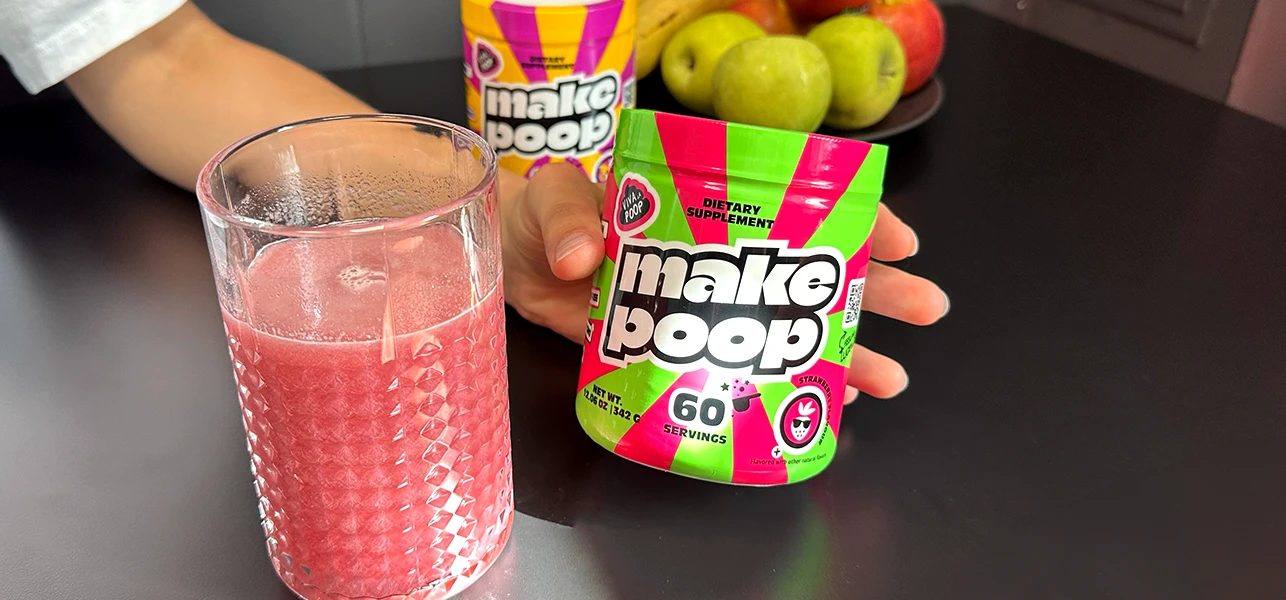
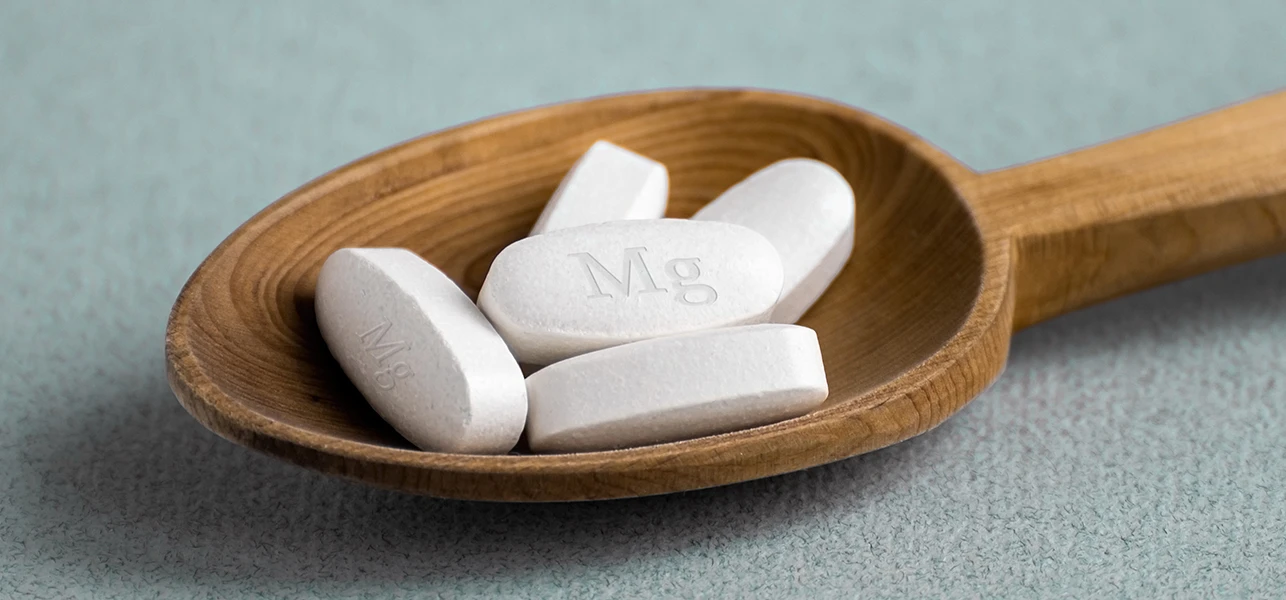

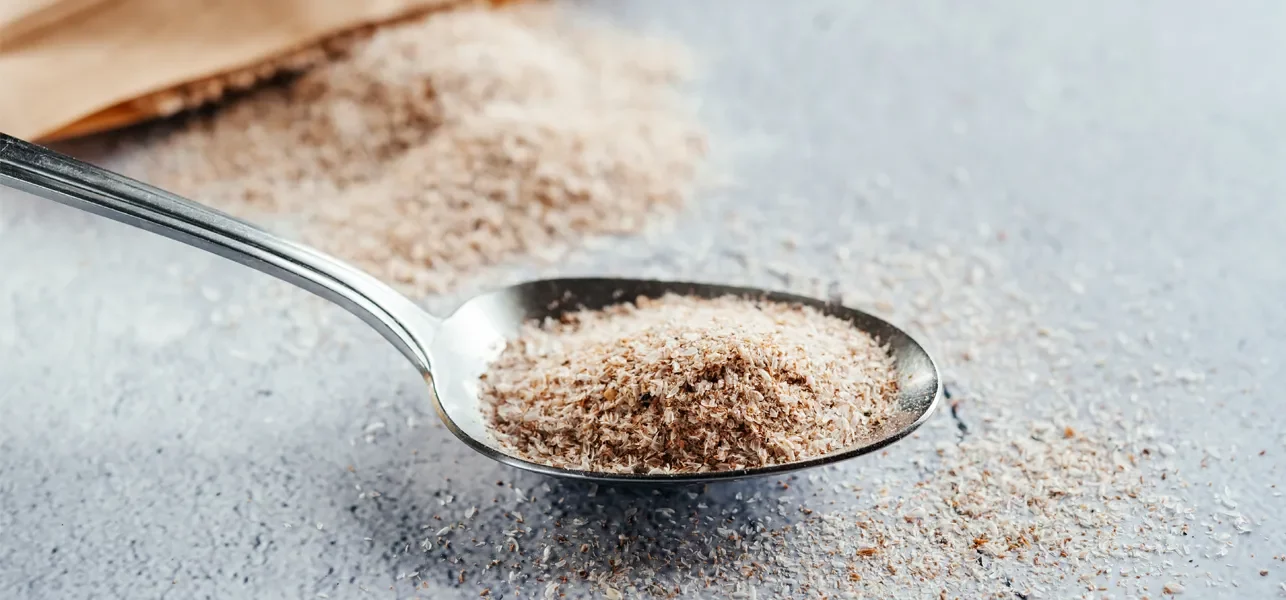
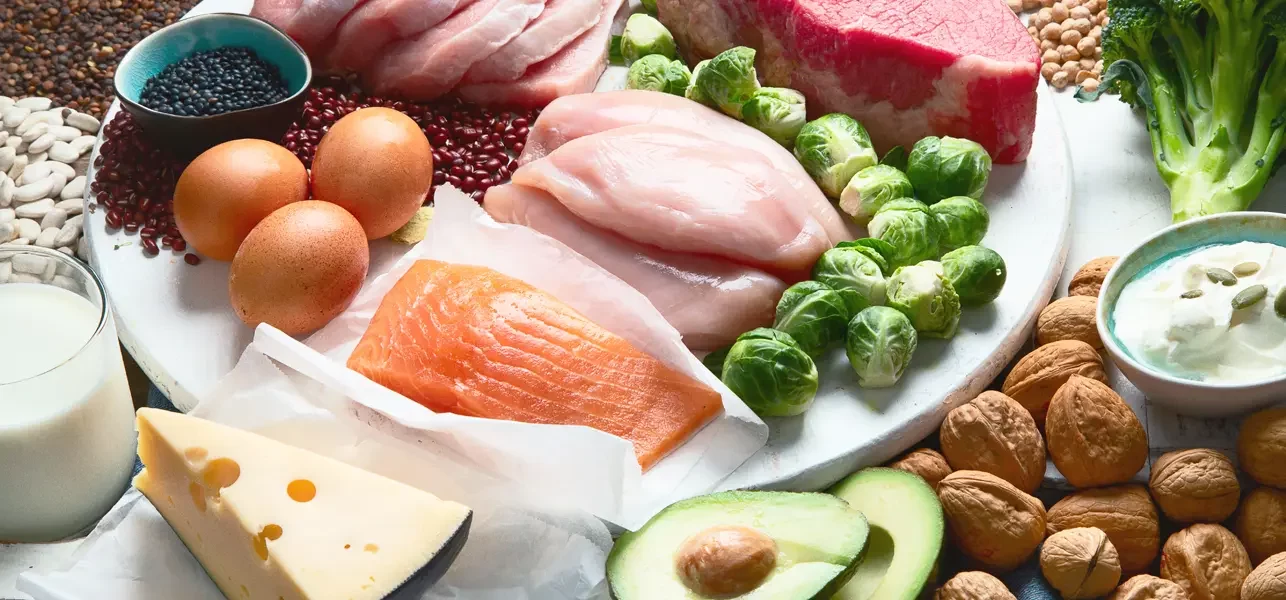

Comments (0)